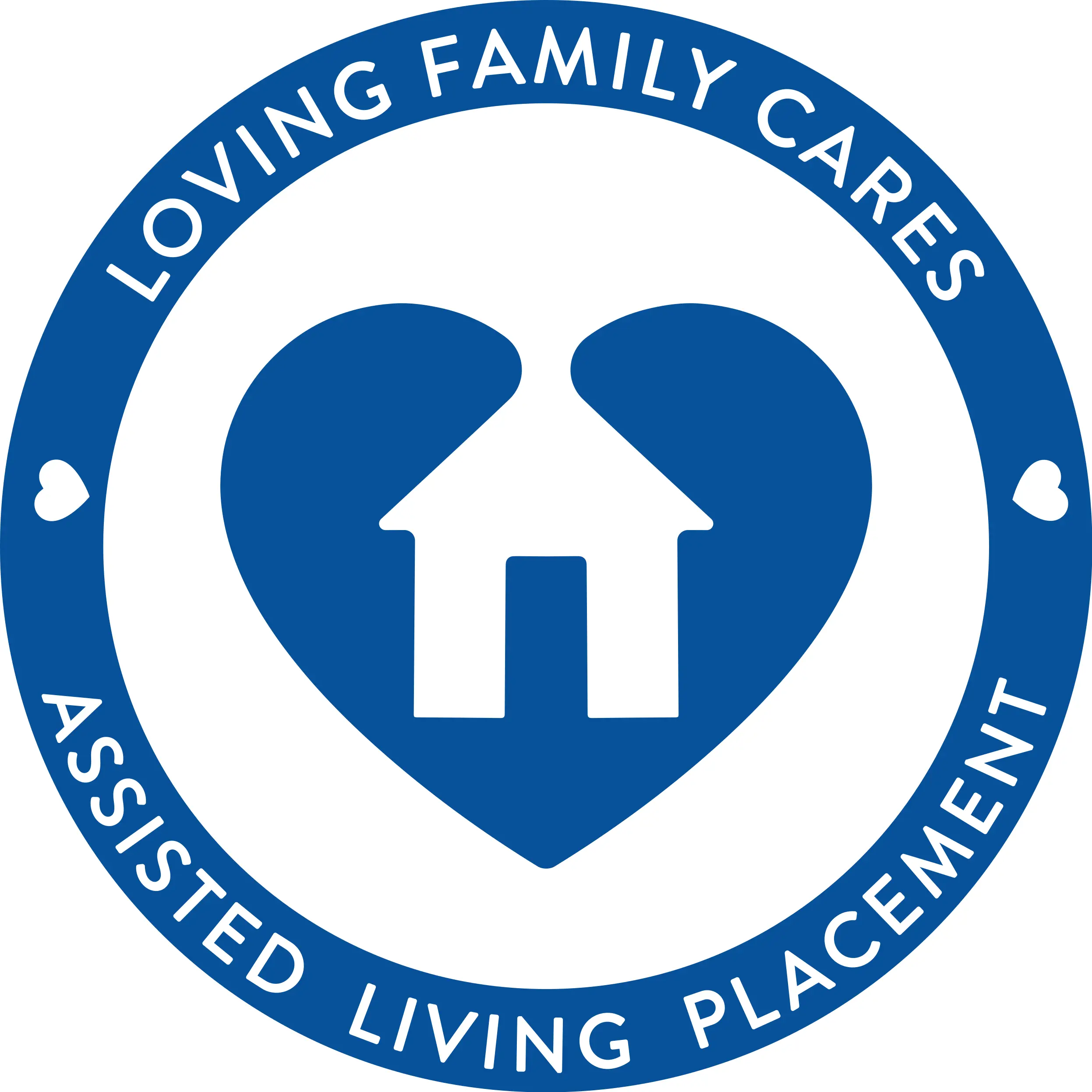End-of-life care is a critical aspect of senior living that focuses on providing comfort, dignity, and support to residents in their final stages of life. But how do assisted living residents access end-of-life care? Assisted living facilities often work closely with hospice providers and other healthcare professionals to offer specialized services that meet the unique needs of residents during this sensitive time. These services may include medical care, emotional and spiritual support, and personalized plans tailored to each resident’s preferences, ensuring they receive compassionate and comprehensive care throughout their journey.
Understanding End-of-Life Care in Assisted Living
End-of-life care encompasses various services designed to meet the physical, emotional, social, and spiritual needs of residents who are nearing the end of life. This type of care aims to enhance the quality of life by managing symptoms, providing pain relief, and offering emotional and psychological support. Assisted living communities are equipped to offer a range of end-of-life care options, often through collaboration with external hospice providers.
How Do Assisted Living Residents Access End-of-Life Care?
Hospice Care in Assisted Living
Hospice care is a common form of end-of-life care provided in assisted living facilities. Hospice care focuses on comfort rather than curative treatments and is usually offered to residents with a terminal diagnosis and a life expectancy of six months or less. Assisted living residents can access hospice care services through Medicare, Medicaid, or private insurance, and a team typically delivers these services to healthcare professionals, including doctors, nurses, social workers, and spiritual counselors.
In assisted living facilities, hospice providers work closely with the facility’s staff to ensure seamless care. Hospice teams visit residents regularly, providing medical support, pain management, and emotional care tailored to the resident’s needs. Hospice care also includes support for the family, offering counseling, education, and respite care to help loved ones navigate this challenging time.
Palliative Care Options
Palliative care is another important aspect of end-of-life care available to assisted living residents. Unlike hospice care, palliative care can be provided at any stage of a serious illness and focuses on improving the quality of life through symptom management and supportive care. Assisted living facilities may offer palliative care services through partnerships with healthcare providers who specialize in this type of care.
Palliative care includes pain management, assistance with daily activities, emotional support, and help with complex decision-making. This approach aims to provide comfort and reduce suffering while supporting residents’ physical, emotional, and spiritual needs. Family members are often involved in decision-making to ensure that the resident’s care aligns with their values and preferences.
Personalized Care Plans and Coordination
Assisted living facilities in New Jersey often develop personalized care plans that incorporate end-of-life care options. These plans are tailored to the resident’s specific needs, preferences, and health conditions. Staff members work closely with healthcare professionals, including hospice and palliative care providers, to coordinate services and ensure that the resident receives comprehensive care.
Coordination of care includes regular communication between the facility, hospice or palliative care teams, and family members. This collaboration ensures that all parties are informed about the resident’s condition and care plan, allowing for adjustments as needed to provide the highest quality of care.
Emotional and Spiritual Support
End-of-life care in assisted living is not limited to managing physical symptoms. Emotional and spiritual support are integral components of comprehensive end-of-life care. Assisted living facilities often provide access to counselors, social workers, chaplains, or other spiritual advisors who can offer comfort and guidance to both the resident and their family members.
This support helps address the emotional challenges of facing the end of life, including anxiety, depression, fear, and grief. By providing a compassionate environment where residents and their families feel supported and understood, assisted living facilities can help ease the emotional burden during this difficult time.
Choosing the Right Facility for End-of-Life Care in New Jersey
Finding the right assisted living facility that offers comprehensive end-of-life care is crucial for ensuring a loved one’s comfort and dignity. At Loving Family Cares, we assist families in finding assisted living communities in New Jersey that provide specialized care for residents nearing the end of life. Our approach focuses on ensuring that every individual receives personalized, compassionate care tailored to their unique needs.
Conclusion
End-of-life care in assisted living facilities is a holistic approach that combines medical, emotional, and spiritual support to provide comfort and dignity to residents in their final stages of life. By offering options like hospice and palliative care and involving families in the care process, assisted living communities can help ensure that residents receive the compassionate care they deserve. Loving Family Cares is here to guide families in selecting the best-assisted living facility that aligns with their loved one’s end-of-life care needs. Reach out to us to learn how we can help you find assisted living placement in New Jersey.




